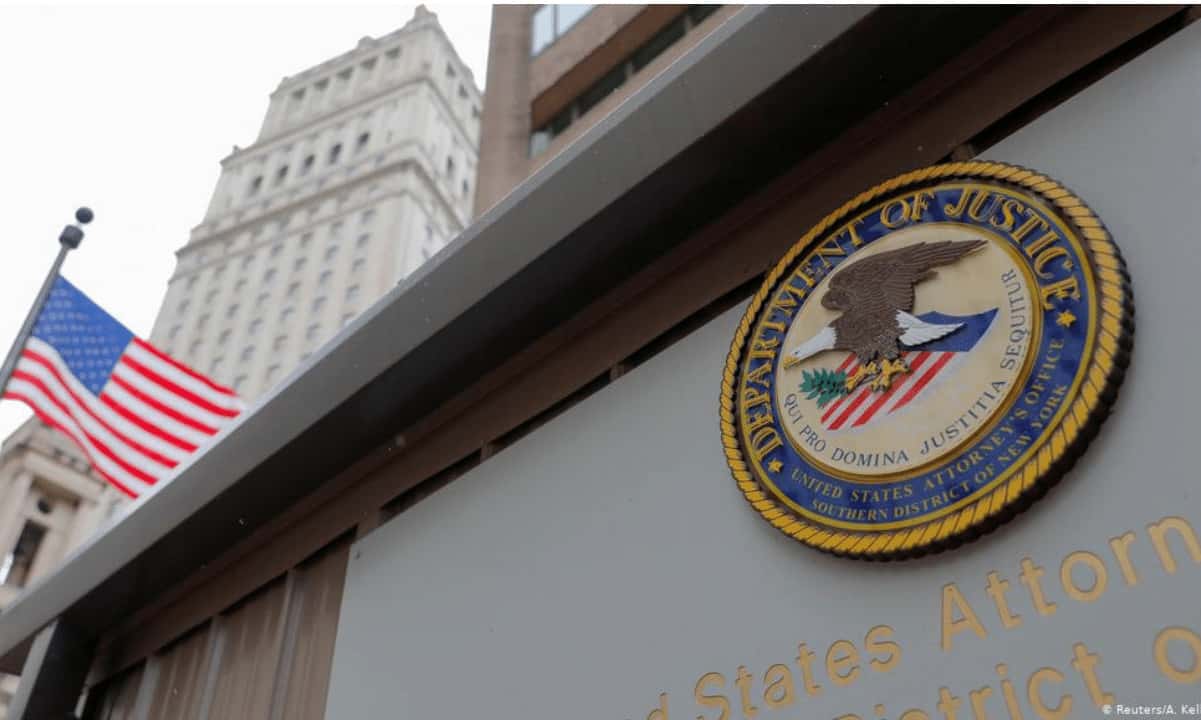
The United States continues to consider taking further action regarding the growing crypto space. In the latest endeavor, the Justice Department has decided to create a task force to stop hackers from utilizing digital asset exchanges to conduct ransomware attacks.
Ransomware on exchanges
As reported by Bloomberg, the goal of the new team is to target infrastructure that allows hackers to financially exploit their victims. Typically, this is done by freezing a victim’s data and demanding a ransom payment – often using cryptocurrency.
Lisa Monaco – Deputy Attorney General of the United States – believes digital asset exchanges can play a role in this regard.
“Cryptocurrency exchanges want to be the banks of the future,” says Monaco. “We have to make sure that people can have confidence when using these systems.”
There is some reason for Monaco to be concerned. Last month, the US Treasury Department decided to sanction the Czech Republic-based “Suex” stock exchange for facilitating the payment of ransoms.
The Justice Department has also started a new cyber-fraud initiative requiring government contractors to report hacking attacks and security vulnerabilities. Otherwise, Monaco said there would be significant consequences:
“We will extract very hefty fines. This is a tool we have to ensure that taxpayer dollars are used effectively.”
Using cryptography for ransomware attacks
The department’s new team is part of America’s growing war on ransomware attacks. These crimes have skyrocketed in the country in recent years, with over $400 million being lost in ransomware payments in 2020. This is over four times the amount lost in 2019.
Cryptocurrencies play a partial role in this regard. Due to the peer-to-peer and decentralized nature of blockchain networks like Bitcoin, payments are uncensored and irreversible. This makes them helpful for cyber criminals to use without their payments being identified or stopped.
It’s not just Bitcoin either: privacy enhancing coins like Monero are also used to facilitate these payments. Two months ago, John Oliver poked fun at Monero for deliberately catering to cyber-criminals in its advertisements.
That said, the use of cryptocurrency for financial crimes can be overestimated. Data shows that illegal activity accounted for less than 1% of crypto transactions in 2020. Of that, only a small portion is ransomware crimes, and most of the rest simply involve scams.


















